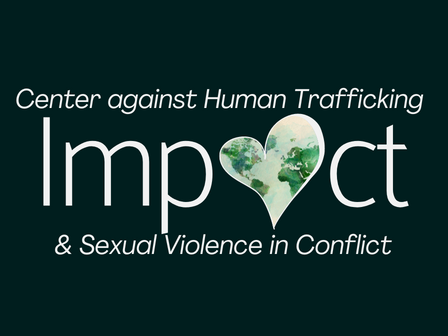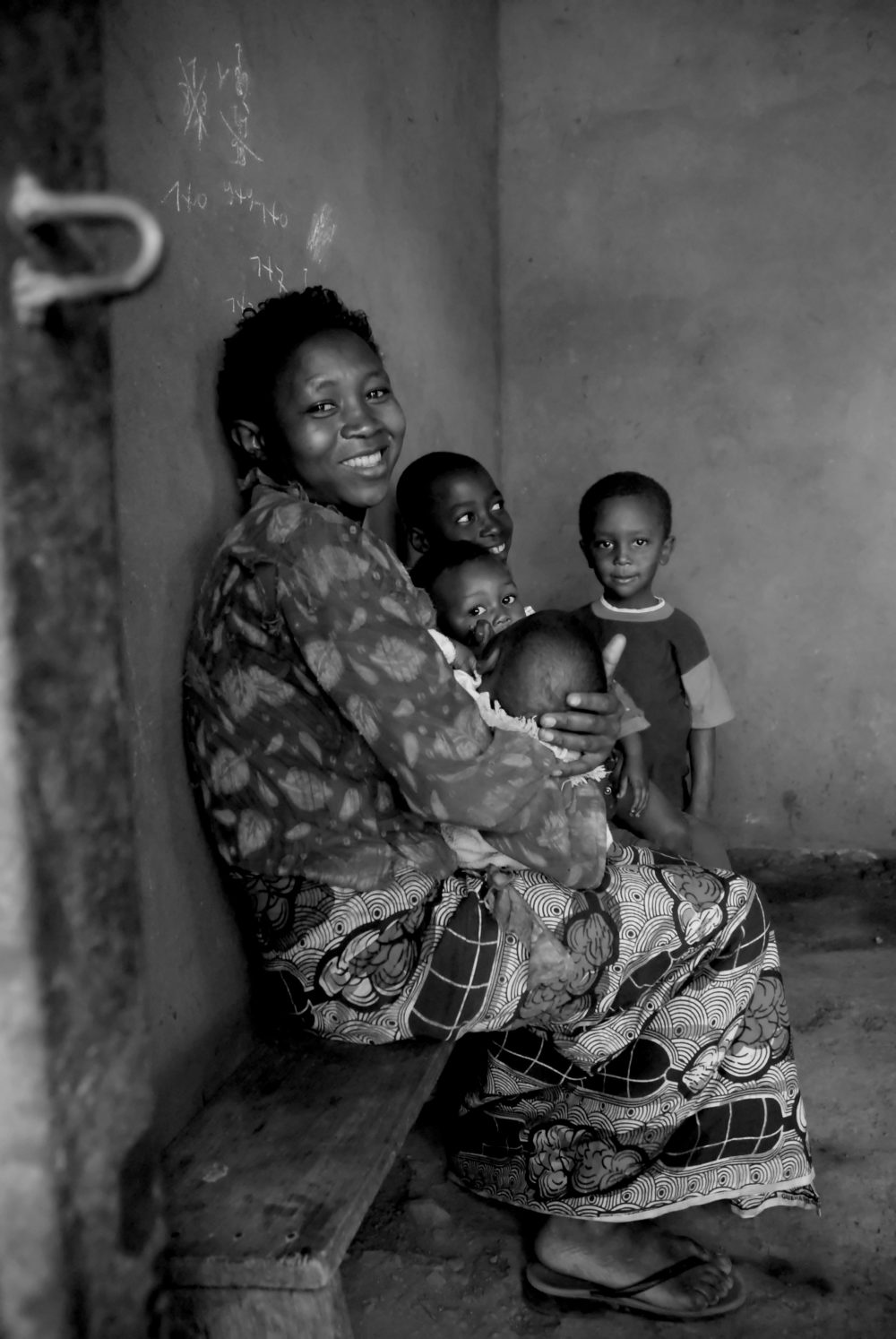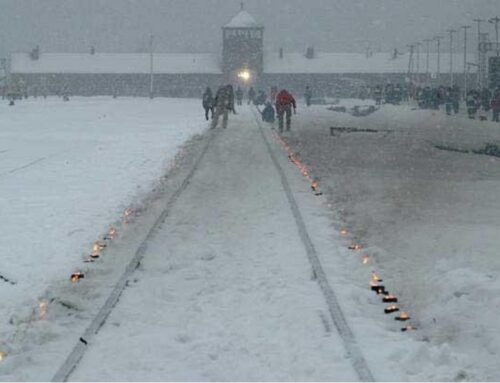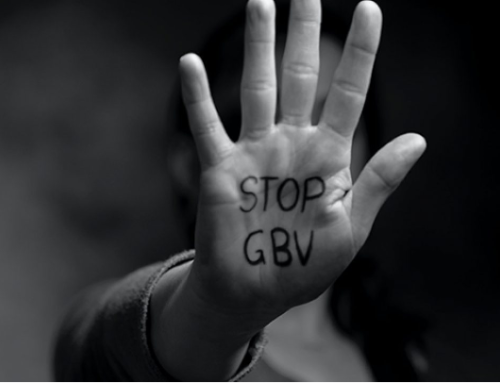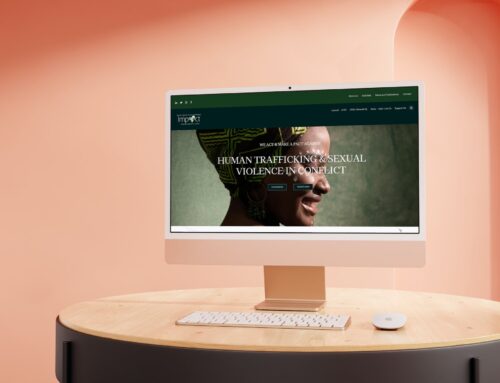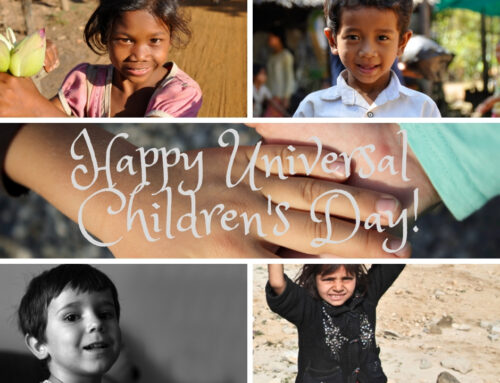Today, 7 April 2018, it’s the International Day of Reflection on the 1994 Genocide against the Tutsi in Rwanda. On this day we commemorate this genocide where in a period of 100 days only, about 1 million lives were lost and 250,000-500,000 people were raped or experienced other forms of sexual violence. According to the UN “rape was the rule and its absence the exception”. Almost every Tutsi woman or girl became a victim of sexual violence at the hands of Hutu extremists, both men and women. In addition, some Tutsi men and boys as well as (moderate) Hutu women or girls became victims of these crimes.
The sexual violence against the Tutsi was used as a tool to commit the genocide; the rapes had resulted in the physical and psychological destruction of the Tutsi women, their families and their communities. Some 70 percent of the survivors were Hiv-positive, many bore children from the rapists, developed secondary diseases and enormous trauma, and faced stigma and isolation, in addition to having their family members killed and their property destroyed and looted. As the Judges in the Akayesu case before the ICTR concluded in 1998: “sexual violence was a step in the process of destruction of the tutsi group – destruction of the spirit, of the will to live, and of live itself.” With this case it was for the first time recognised that rape and other forms of sexual violence can constitute genocide as long as the specific intent to destroy the particular group is present. The case was a breakthrough in international criminal law, as we also discussed two days ago (5 April 2018) after the showing of the documentary ‘The Uncondemned’ at the Humanity House in the Hague. This documentary tells the gripping story of a group of young international lawyers, activists and Rwandan women who played a major role in the recognition and prosecution of sexual violence as an international crime.
On today’s 24th Commemoration of the Genocide against the Tutsi we recall our common humanity and recommit to protect the vulnerable and to uphold our human dignity. As IMPACT we also wish to do so and to continue to make strides for the survivors of the genocidal sexual violence in Rwanda and elsewhere. We have several projects that empower Rwandan survivors of genocidal sexual violence and that make people all over the world aware of the importance of understanding conflict-related sexual violence and of really making a change so that these crimes will be prevented and addressed in the long run wherever committed.
Of the projects that we wish to do, and that concern Rwandan genocide survivors of sexual violence, our aim is to provide justice to these survivors, either directly or indirectly. For example, we anticipate – in cooperation with others – a research into the conflict-related sexual violence cases brought before the national courts and traditional gacaca courts in order to better understand the impact of these cases. This, we believe, will contribute to combatting impunity of conflict-related sexual violence in a more comprehensive way in the future. Another non-legal yet socially innovative project that we aim to set up is our theatre project in the country side of Rwanda where ways of exchanging information are limited and sexual violence (both during the genocide as well as in modern days) is highly prevalent. To reach these remote communities we worked on a plan to set up a mobile Rwandan theatre play (in cooperation with Rwandans: survivors of sexual violence, a director, script writer, actors as well as counsellors) that has the potential to reach thousands of people and to take away shame and stigma often found with victims. Rather, the topic becomes one that can be discussed and understood, and counselling can be provided. Awareness raising and education is key in preventing crimes from happening again and the form in which it is presented need to be adapted to the local situation.
Another example is our recently launched crowdfunding campaign which goal is to educate on and create awareness of conflict-related sexual violence and to empower the survivors of these crimes. How? (1) By sharing the stories and portraits of Rwandan survivors of sexual violence in an updated book named ‘The Men Who Killed Me’; (2) by creating an interactive platform that provides information on all the user wishes to know on the topic of conflict-related sexual violence and forms of justice available that can be used in schools and universities; and (3) by providing concrete possibilities for Rwandan survivors of genocidal sexual violence to start their own businesses or to educate their children. The sixteen women and one man in the book ‘The Men Who Killed Me (2009)’ are all strong and resilient people. They are our friends and teachers in life. Through their stories in the book they have inspired and changed not only us, but people all over the world. Some changed their career path to study gender or conflict studies, others stood up in class and bravely discussed their own sexual victimization. It’s time to update their stories to understand how their lives have unfolded in the past ten years since the book was published, which will show even more the strength of these people.
We invite you to stand in solidarity with the survivors of the genocide in Rwanda today and, if you can, make a contribution to our crowdfunding campaign in support of the courageous and awe-inspiring genocide survivors of sexual violence.
IMPACT: Center against Human Trafficking and Sexual Violence in Conflict
For more information or to contact us: www.impact-now.org or [email protected]
Wish to make a contribution to our crowdfunding campaign? Go to: www.impact-now.org/product/crowdfunding
